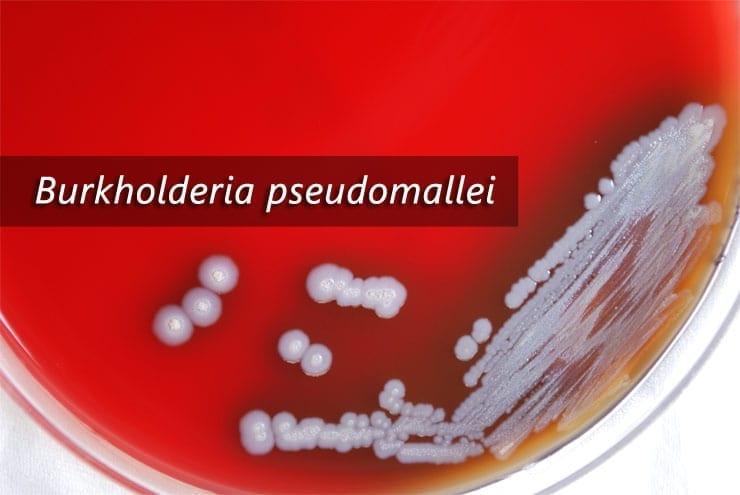The U.S. Army recently announced intentions to award a sole source contract to the University of Kansas (KU) Therapeutic Particles and Biomaterials Laboratory for the formulation of inhalable therapeutic for the treatment of acute pulmonary melioidosis.
The contract is in support of U.S. Army Medical Research Institute of Infectious Disesases (USAMRIID) requirements to develop an inhalable formulation of the antibiotic ceftazidime for an animal study to investigate its therapeutic efficacy against acute pulmonary melioidosis, to include formulation, physicochemical characterization, and accelerated stability testing.
Melioidosis is an infectious disease caused by a Gram-negative bacterium, Burkholderia pseudomallei, found in soil and water. Melioidosis prevails in parts of Southeast Asia, northern Australia, and Central and South America. However, in recent years, cases of melioidosis have been reported in the United States and other areas. The organism can infect any organ system, although the lung is the most common organ affected.
“The University of Kansas, Therapeutic Particles and Biomaterials Lab is the only known existing source capable of fulfilling the Government’s needs to obtain a NanoCluster drug nanoparticle colloid, which is thermodynamically driven into flocculates of drug nanoparticles (NanoClusters),” states the announcement. “The aerodynamic sizes of these flocculates must be customized for optimal delivery into different regions of the lungs.”
The principal investigator from the University of Kansas for the project is Cory Berkland, KU professor of chemical and petroleum engineering and pharmaceutical chemistry.



